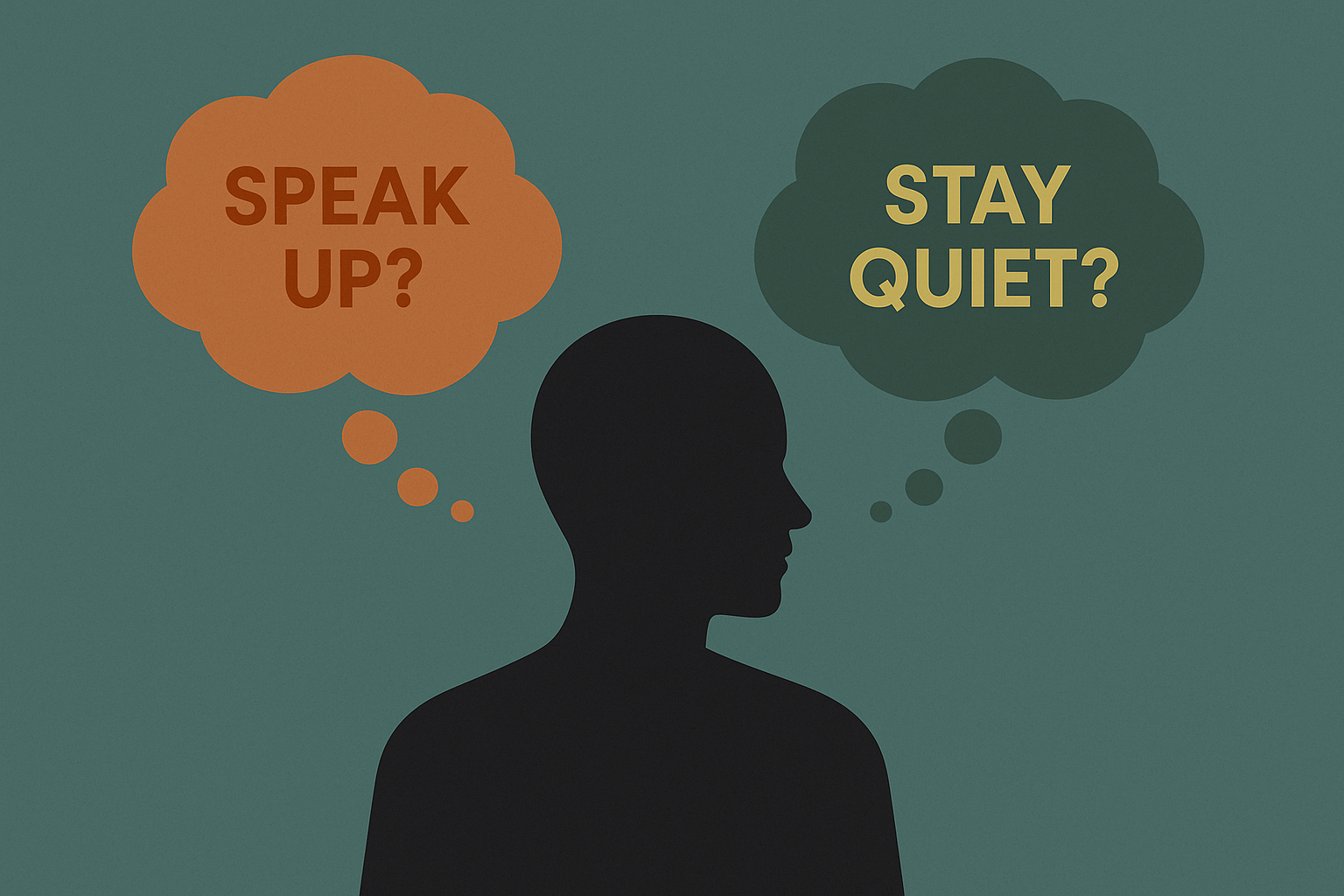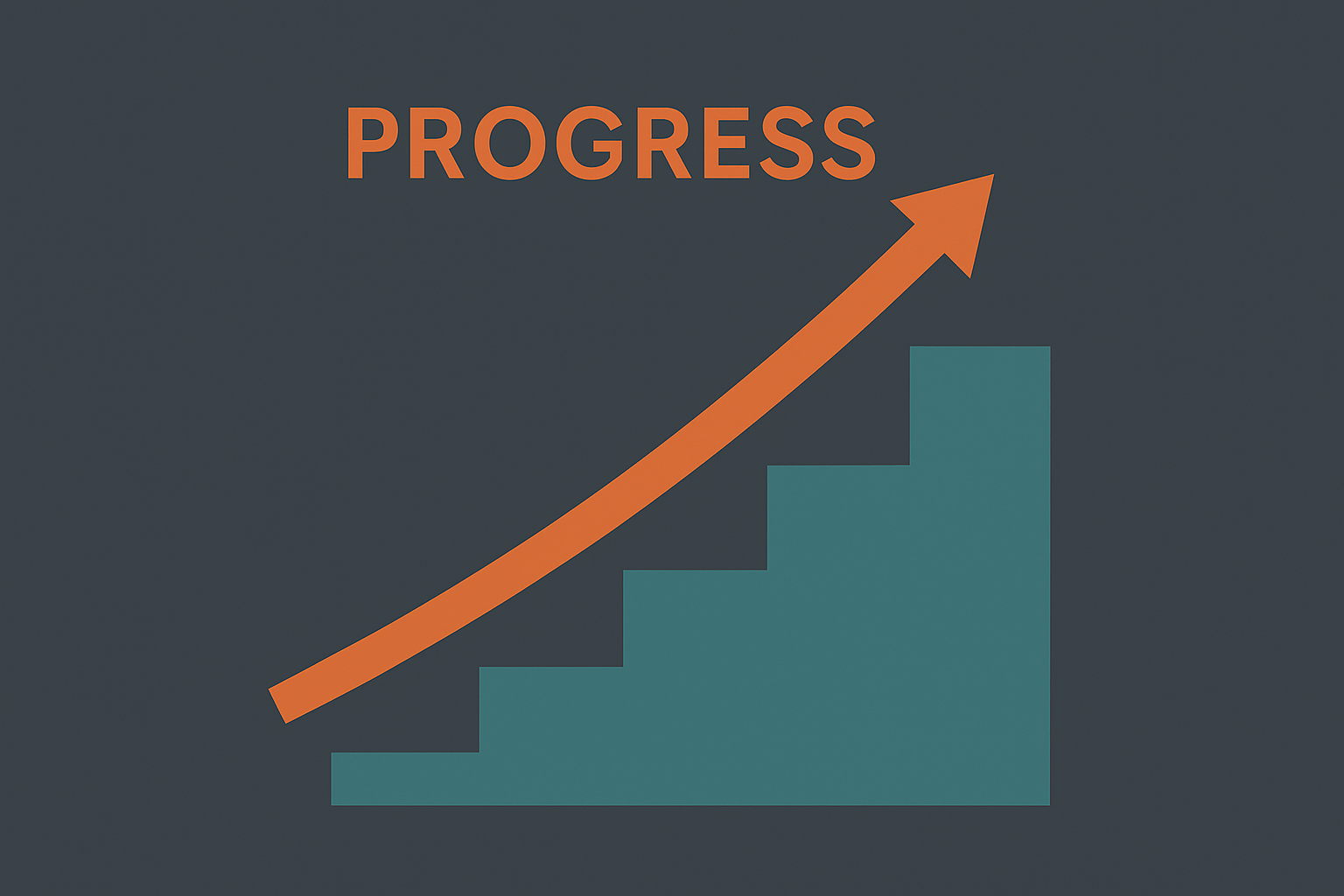The Psychology Behind Fear of Confrontation (and How to Overcome It)
Fear of confrontation can stop even the most confident people in their tracks. For those seeking social anxiety solutions, it’s important to first understand why these situations can feel so overwhelming and how our minds react to them.
Many people picture confrontation as a loud argument or heated exchange, but in reality, it can be as simple as disagreeing with a coworker or telling a friend their behavior bothered you. This fear often stems from a desire to avoid conflict, rejection, or disapproval, which can make certain conversations feel almost impossible to start.
Why Confrontation Feels So Intimidating
At its core, fear of confrontation is tied to our brain’s fight-or-flight response. When we anticipate a tense discussion, our body reacts as if we’re in danger, our heart rate rises, our palms sweat, and our mind races with “what ifs.”
For some, this reaction is tied to past experiences where speaking up led to negative consequences, such as being dismissed, punished, or shamed. Over time, these experiences can create a learned pattern of avoidance..
The Role of Social Anxiety
Social anxiety amplifies the discomfort around confrontation. People with social anxiety often worry excessively about how they are perceived and fear making mistakes in front of others.
One anonymized example is “Lena,” a talented project manager who dreaded weekly team meetings. If a team member missed a deadline, she would quietly fix the issue herself instead of bringing it up. Her fear wasn’t that the problem couldn’t be solved — it was that speaking up might make her seem aggressive or “difficult.”
How Avoidance Backfires
While avoiding confrontation can feel safer in the moment, it often leads to bigger problems later. Small issues left unaddressed tend to grow, and relationships can suffer from unspoken resentment or misunderstandings.
In Lena’s case, the team eventually noticed she was quietly correcting mistakes without mentioning them. This created tension, as some coworkers felt she didn’t trust them or value their contributions — the exact opposite of her intentions.
Understanding the Psychology
Researchers suggest that fear of confrontation often comes from three main psychological sources:
1. Fear of negative evaluation – Worrying about being judged or disliked.
2. Low self-efficacy – Doubting one’s ability to handle the situation well.
3. Conflict avoidance conditioning – Learning from experience that staying quiet prevents discomfort.
Recognizing which of these drives your avoidance can help you choose the right strategies to address it.
Reframing Confrontation as Communication
One of the most effective ways to reduce fear is to change how you view confrontation. Instead of seeing it as a battle, think of it as an opportunity to share perspectives and find solutions.
For example, “Aaron,” a small business owner, used to dread telling vendors when orders were wrong. After reframing the conversation as a “collaboration to fix a shared problem” rather than a complaint, his anxiety decreased significantly.
Practical Social Anxiety Solutions for Confrontation
If you struggle with confrontation, the following strategies can help:
● Prepare your points – Write down what you want to say to stay focused.
● Use “I” statements – This keeps the tone respectful and reduces defensiveness.
● Start with something positive – It sets a constructive tone for the conversation.
● Practice active listening – Show the other person you value their perspective.
● Role-play with a trusted friend – This can desensitize your fear over time.
Managing Physical Anxiety Responses
When confrontation anxiety hits, calming your body can help calm your mind. Try slow breathing, progressive muscle relaxation, or focusing on grounding techniques (such as noticing five things you can see and four you can touch).
The goal isn’t to eliminate your anxiety completely, it’s to keep it at a manageable level so you can speak clearly and think rationally.
Choosing the Right Time and Place
Not all confrontations need to happen immediately. Picking a calm, private setting can make both parties feel more comfortable and reduce the chance of the discussion escalating.
In one case, a teacher who was nervous about addressing a parent’s concerns scheduled the meeting for a quiet afternoon instead of the chaotic morning drop-off. This allowed both sides to approach the conversation with more patience.
When to Seek Professional Help
If fear of confrontation is significantly affecting your work, relationships, or quality of life, professional support can help. Therapists can work with you to address underlying beliefs, teach coping skills, and practice real-life scenarios in a safe setting.
Cognitive-behavioral therapy (CBT) is especially effective for tackling both confrontation anxiety and social anxiety, as it focuses on changing thought patterns and building confidence through gradual exposure.
Building Confidence Through Small Wins
The more you practice, the easier confrontation becomes. Start small, speak up about a minor preference at a restaurant or politely disagree in a casual conversation. Each successful interaction sends a message to your brain that you can handle it.
Over time, you’ll not only reduce your fear but also strengthen your relationships through honesty and clear communication.
The takeaway?
Fear of confrontation doesn’t have to control your choices or silence your voice. By understanding the psychology behind it, reframing how you see it, and using practical tools to manage anxiety, you can face difficult conversations with more ease and confidence.
Hard Call can help if you’ve been avoiding a conversation that matters, take one small step today, whether it’s writing down your thoughts, practicing with a friend, or sending a message to open the dialogue. Your voice matters, and every time you use it, you build the courage to use it again.




